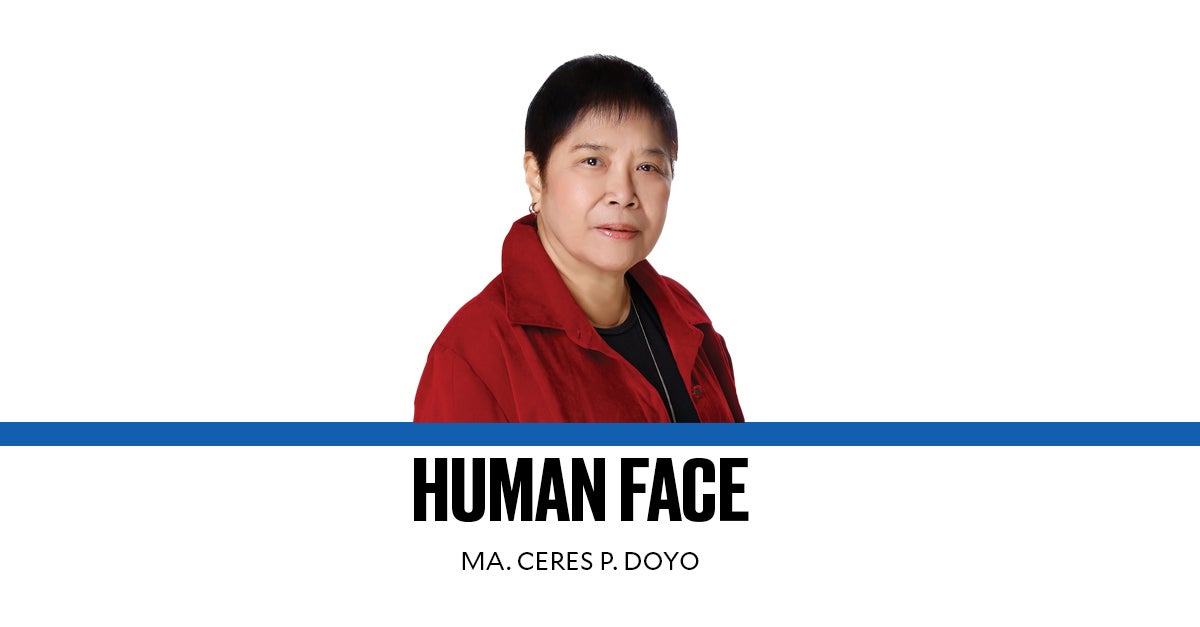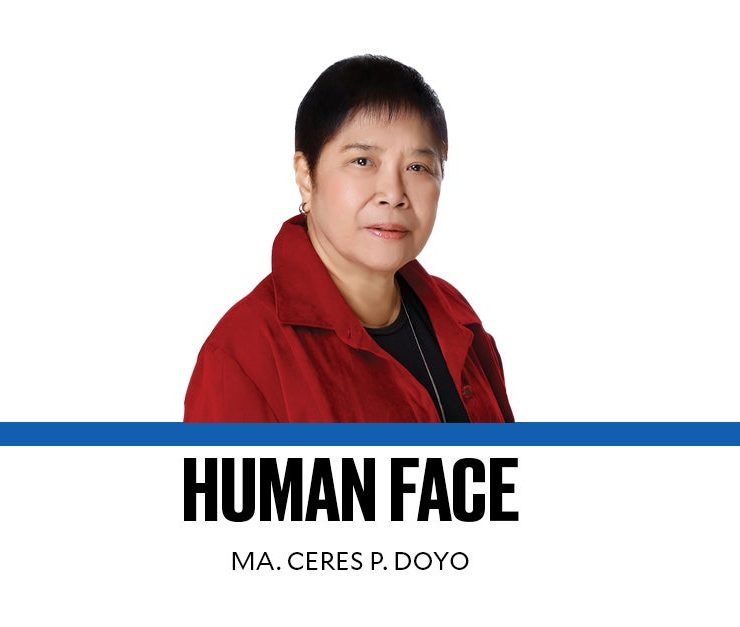‘Blood pearls’ from our seas

The recent 2024 Miss Universe beauty pageant in Mexico is a huge ocean away from where the South Sea pearls in the crown of the new Miss U were supposed to have been harvested, that is, from Palawan province’s surrounding sea waters of brilliant blue. The occasion was timely for fishermen to bring forth once more the issue of their rights to fish in areas that had been their source of livelihood for generations, but are now off-limits to them because pearls are being grown there by a business corporation.
Said the advocacy group Sambilog-Balik Bugsuk Movement: “The crown, designed by Jewelmer Corp. celebrated for its South Sea pearls, is a stark contradiction, a symbol of empowerment sourced from the ancestral waters of displaced Indigenous Peoples. We call these ‘Blood Pearls.’”
“Perla del Mar de Oriente, nuestro perdido Eden,” are lines from the first stanza of Jose Rizal’s “Mi último adiós” that never fails to make my heart break a little whenever I would chance upon it since the time when I had to memorize for Spanish class the 14 stanzas of our hero’s last farewell. But how it rings true even today, literally more than figuratively.
If you’ve watched the movie “Blood Diamond,” starring Leonardo DiCaprio, Djimon Hounsou, and Jennifer Connelly, you’d learn about how producing and mining luxuries could exact a high cost in human lives.
In Palawan, I have seen for myself contraptions afloat in the sea and wondered what they were. To grow pearls, I was told. That was many years ago when I had yet to learn about the plight of fisherfolk who were denied access to fishing grounds. I am not sure now from which Palawan islands we were sailing to and from at that time. Culion Island perhaps, because we were doing a Spain-funded historical coffee-table book on the former leper colony that has a rich history like no other. If I were to write a novel, the island would be the main setting. But that is another story.
Palawan’s group of islands is touted as the Philippines’ “last frontier” because of its rich biodiversity—the mountains, the virgin forests, the wildlife, and the indigenous communities that dwell therein. Threatened, yes, by the encroachment of illegal loggers, business interests, and even tourism. Unbeknownst to many, fishermen are themselves threatened if not barred access to the wealth of the sea. Pearl farming is one reason.
Several times I have written about the plaint of the Sambilog-Balik Bugsuk Movement, “an advocacy group representing the indigenous peoples (IP) of Molbog, Pala’wan and Cagayancillo alongside marginalized communities in Bugsuk, Palawan.” Their mission: “To reclaim ancestral lands, seek environmental justice, and end decades of displacement and human rights violations against these vulnerable communities.”
The reader may read my 20-year-old article in https://bit.ly/48XzvDz. Excerpts: “In 1996, Pres. Fidel Ramos issued Presidential Decree 905 recognizing the South Sea Pearl as the Philippines’ national gem. The local pearl industry, the PD said, has produced the world’s largest pearl known as the ‘Pearl of Allah’ or the ‘Pearl of Lao Tze.’
“What’s in a pearl? Plenty, especially if it is a South Sea pearl produced by Jewelmer International Corp., a Cojuangco-owned pearl farm in Palawan that will soon be the subject of a congressional inquiry.”
On World Food Day 2004, and in observance of IP month, Palawan IPs from the Pala’wan and Molbog tribes rowed out to sea to exercise their right to fish in what used to be part of their ancestral fishing grounds. Areas occupied by Jewelmer, the IP said, have been off-limits to them for more than 20 years. So, 40 years today in 2024?
More than 200 members of Sambilog accompanied by then Akbayan Rep. Risa Hontiveros and members of Task Force Bugsuk who were trying to cross the Pandanan Channel were blocked by the Philippine National Police.
Task Force Bugsuk said then that it was “not against the propagation of the pearl industry in the country. We are only against the Jewelmer Pearl Farm and its displacing of the IP from their ancestral domain, depriving them of their main sources of livelihood, discriminating against them for their ethnicity, and denying them their basic right to self-determination.” At that time, Task Force Bugsuk had no issue with other pearl farms.
Recent incidents according to Sambilog-Balik Bugsuk Movement: “In Sitio Mariahangin, Bugsuk island, the IPs face an escalating crisis. Armed guards have been surveilling and intimidating residents for months. The situation worsened on June 29, 2024 when gunfire was used to scare off community members asserting their rights to ancestral lands. On Nov. 18, 2024, 10 police officers and six individuals came to the island. The police dissociated themselves from the six, who prohibited residents from building homes, claiming the land was already titled.” Yet another big corporation is involved.
I pray that Senator Hontiveros would initiate a Senate investigation, she who had experienced for herself, along with the IPs, what it was like to be barred from sailing through fishing waters where luscious pearls are grown, someday to become jewels in a crown.
—————-
Send feedback to cerespd@gmail.com


















